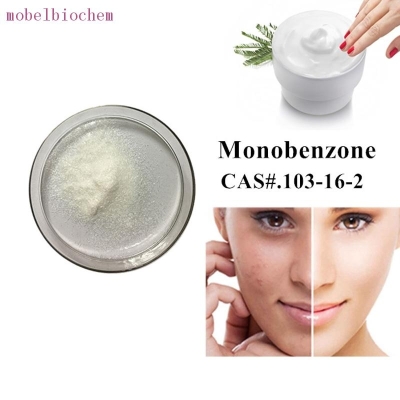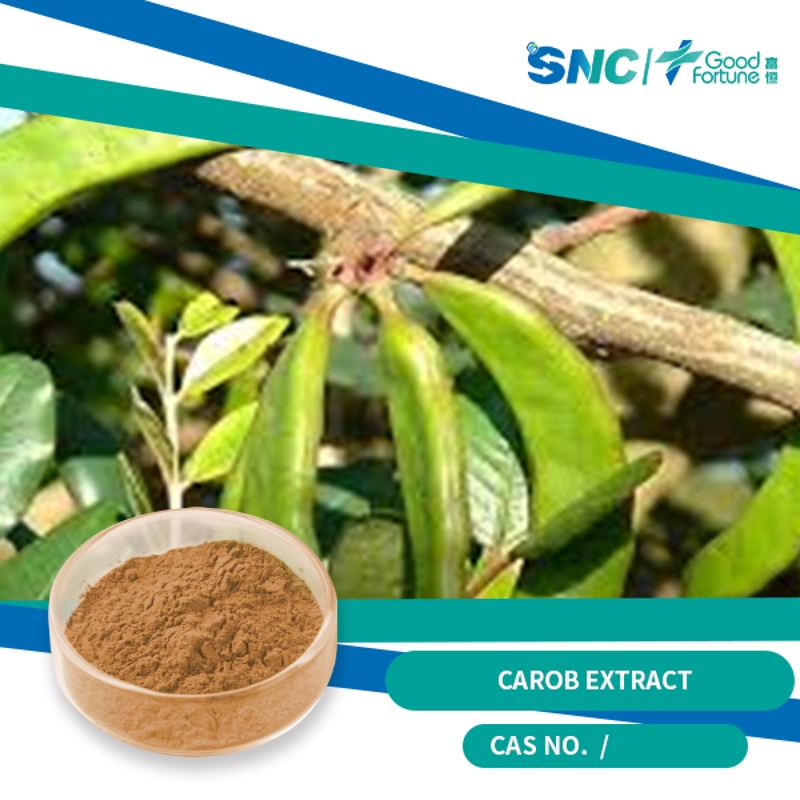Fungi can synthesize natural pigments
-
Last Update: 2010-09-28
-
Source: Internet
-
Author: User
Search more information of high quality chemicals, good prices and reliable suppliers, visit
www.echemi.com
The latest report shows that fungal biosynthetic pigments can be used as a reliable source of natural pigments The latest research from Denmark shows that after DSM was approved by the European Union for β - carotene synthesis by fungi, the industry once again set off a boom of fungi as a natural pigment source The report, published in biotechnology trends, summarizes key issues and trends in food grade natural pigments from fungi, claiming that there is still a relatively unexplored source of biosynthetic pigments from fungi The polyketone natural pigment from ascomycete fungi can be used as a sustainable natural food pigment, which attracts great interest of food scientists, whether in academia or industry, whether in terms of huge economic or market potential At present, most of the EU authorized natural food pigments are extracted from rare materials, insects and flowers For example, the current production of natural pigments is large-scale and varied, depending on the supply of external materials and seasonal factors, the researchers pointed out However, it is well known that many fungi and lichens are naturally produced and secreted, and their color bands are widely distributed In the process of metabolism, generally speaking, fungal pigment biosynthesis secondary products, this secondary metabolism is polyketone The author points out that this kind of production helps to reduce the changes in the mass production process The researchers point out that the main advantage of fungal synthesis of natural pigments is that manufacturers can rely on natural materials that are not available in season The objective of the latest research is to assess the potential of producing polyketide pigments from fungi under industrial conditions Potential the authors report the great potential of developing a sound system of fungal production of polyketoprotein According to researchers: fungal biosynthesis of natural colorants can ensure the production of colorants under controlled addition Biological reaction makes the production of colorants not rely on surface, seasonal supply of natural materials, while minimizing the diversity of batch production The author of EU approval pointed out that the EU recently approved fungal carotenoids as food pigments, which is a powerful prospect for the fungal synthesis of polyketone natural pigments In addition, the European Parliament has adopted new regulations, pointing out that foods containing synthetic pigments - such as lemon yellow, quinoline yellow, sunset yellow - need to be labeled to indicate the adverse effects of this product on children's activities and attention The author also points out that if the fungal carotenoids are approved by DSM and EU regulations at the same time, it can be said that the prospect is a step change.. Because there are new sources of pigment in nature, most of them are safety and health requirements to replace synthetic pigment The author points out that through chemical toxicology screening, using the current knowledge to utilize the safe Penicillium strains, it is possible to obtain the effective control product polyketamine without genetic operation We believe that this is the best time to realize the natural food pigment from fungi, because fungi have a real feasible source for pigment production as a substitute or supplement Market potential natural color - when synthetic color comes, its appeal disappears, its commitment to higher consistency, thermal stability, color range and cost - these factors fall behind as consumers become more aware of diet and health Natural color currently accounts for 31% of the color market, while synthetic color accounts for 40%.
This article is an English version of an article which is originally in the Chinese language on echemi.com and is provided for information purposes only.
This website makes no representation or warranty of any kind, either expressed or implied, as to the accuracy, completeness ownership or reliability of
the article or any translations thereof. If you have any concerns or complaints relating to the article, please send an email, providing a detailed
description of the concern or complaint, to
service@echemi.com. A staff member will contact you within 5 working days. Once verified, infringing content
will be removed immediately.







